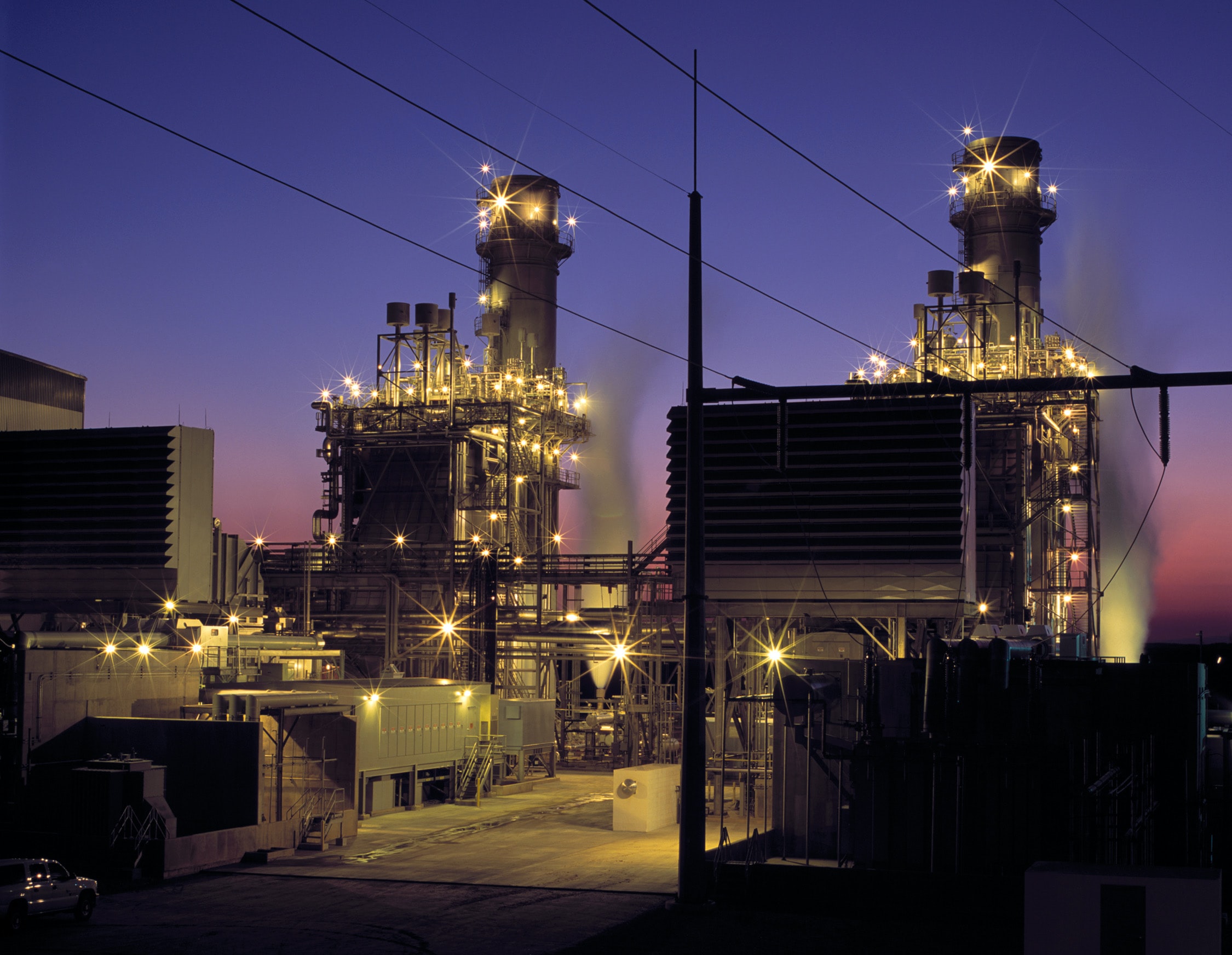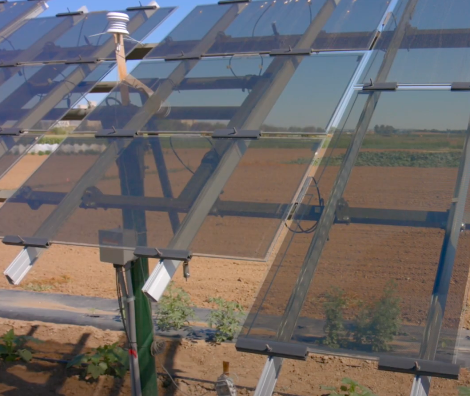An Islamic island nation of some 400,000 permanent residents located amidst the splendor of Indian Ocean shoals and coral reefs, the Maldives is on the front-line when it comes to rising sea levels and climate change. So are residents of other island nations and low-lying coastal areas around the world, all of whom are prospective climate change refugees.
Two hybridized solar PV-energy storage microgrids commissioned by Electro Power Systems (EPS) are up and running in the Maldives, part and parcel of efforts to reduce local greenhouse gas (GHG) emissions and environmental degradation, raise global climate change awareness and forestall the day when sea level rise forces residents to emigrate.
Performance data EPS released Feb. 9 reveals that the addition of solar power generation capacity and its fully integrated battery-based energy storage system (BESS) has exceeded expectations and met 63 percent of electricity needs at a popular Maldives resort during the past three months.
See the Maldives…While You Can
It’s highly probable the Maldives will be nearly or completely submerged by the end of this century, according to best estimates of global sea level rise.

Local inhabitants – known as Dhivehins – are well aware of and have come to accept this. They’ve also been taking action to save their homeland, as well as making plans to reestablish themselves in other countries as sea levels rise.
Such efforts extend to joining with other island and low-lying coastal nations – 44 in total – to create the Alliance of Small Island States (AOSIS), a multilateral, national government-level coalition. Via AOSIS, Dhivean representatives have been advocating for faster, greater action to mitigate and adapt to climate change in UN and other multilateral organizations, at international conferences and at other events worldwide.
Hybridizing Microgrids to Enhance Performance, GHG Emissions Reductions
The hybridized 4.1-MW microgrid EPS installed at a resort in the Maldives links with eight distributed solar PV systems that have a combined peak-rated generation capacity of 0.8-MW along with 0.3-MWh of energy storage capacity. The platform serves as a spinning reserve, and smooths out and stabilizes solar PV generation to better match variable load requirments, EPS explains. This is coupled with 1.1-MVA (mega volt-amp) HyESS power conversion system and 3-MVA generators that also produce heat and hot water for the resort.

The resort microgrid was the second in the Maldives EPS hybridized by adding distributed solar PV power generation and BESS capacity. With a collective power generation capacity of 10.4-MW hybidized with 1.8-MWp solar PV, 0.6-MWh of energy storage and 2.4-MW HyESS power conversion, the two are providing reliable, resilient, low-emissions electricity cost-effectively to approximately 2,300 people.
In addition to meeting 63 percent of the resort’s power needs, the hybridized resort microgrid cut diesel consumption an annualized 423,000 liters over the three-month period, 50 percent more than had been projected.
“These data confirm the competitiveness of off-grid power generation,” commented Daniele Rosati, EPS VP, Engineering for the France-based company. “By using our proprietary technology to ensure stability and master the intermittent nature of any renewable energy source.”




